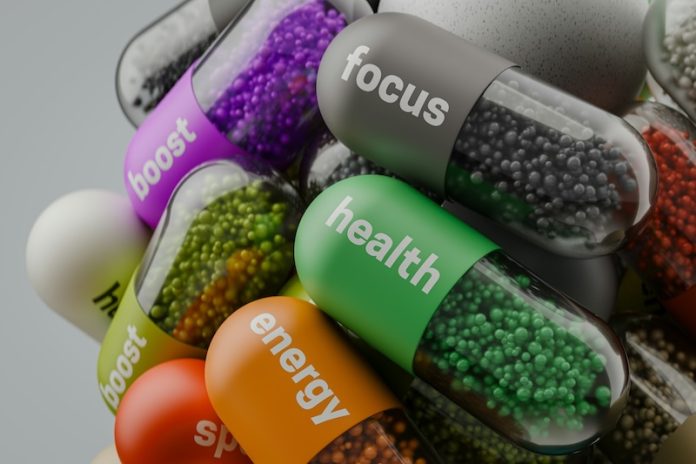
As we get older, our bodies change, and so do our nutritional needs. After 50, staying healthy means paying extra attention to the vitamins we’re getting. Vitamins are essential nutrients that keep our bodies running smoothly, and the right ones can make a big difference in how we age.
Research shows that certain vitamins are especially important for maintaining energy, bone strength, immunity, and overall health after 50.
Vitamin D is often called the “sunshine vitamin” because our skin makes it when exposed to sunlight. However, as we age, our ability to produce vitamin D decreases, and many people don’t get enough from their diet. Vitamin D is crucial for bone health, as it helps the body absorb calcium.
A lack of it can lead to weaker bones and increase the risk of fractures. Studies, including one published in The American Journal of Clinical Nutrition, have shown that older adults with higher vitamin D levels are less likely to develop osteoporosis. It’s also important for your immune system and may even help prevent certain cancers.
Calcium works hand-in-hand with vitamin D to keep your bones strong. After 50, bone loss happens faster, especially for women after menopause. Calcium-rich foods like dairy products, leafy greens, and fortified plant-based milks are great sources.
If you’re not getting enough through your diet, a calcium supplement may be helpful, but it’s best to talk to your doctor first.
Another must-have is vitamin B12, which is essential for brain function and red blood cell production. As we age, our stomach produces less acid, making it harder to absorb B12 from food. A deficiency in B12 can lead to fatigue, memory problems, and even anemia.
Foods like fish, eggs, and fortified cereals are good sources, but many people over 50 benefit from taking a B12 supplement. A study published in The New England Journal of Medicine found that regular B12 intake helps maintain cognitive health in older adults.
Vitamin C is well-known for supporting the immune system, and it remains important after 50. This antioxidant also helps repair tissues and keep your skin healthy. It’s found in fruits like oranges, strawberries, and kiwi, as well as vegetables like bell peppers and broccoli.
Research shows that vitamin C can reduce the severity and duration of colds, which is especially useful as our immune systems naturally weaken with age.
Another key player is vitamin E, a powerful antioxidant that protects your cells from damage. It’s found in nuts, seeds, and vegetable oils. Studies suggest that vitamin E supports heart health and may even help delay the onset of Alzheimer’s disease by reducing oxidative stress in the brain.
However, it’s best to get vitamin E from foods rather than supplements, as high doses from pills can be harmful.
Finally, don’t forget about vitamin K, which is essential for blood clotting and bone health. After 50, this vitamin can help reduce the risk of fractures.
Green leafy vegetables like kale, spinach, and broccoli are excellent sources. Research has shown that a diet rich in vitamin K can improve bone density and reduce the risk of osteoporosis-related fractures.
Practical Tips:
- Focus on Food First: Aim to get most of your vitamins from a balanced diet rich in fruits, vegetables, whole grains, lean protein, and healthy fats.
- Get Some Sun: Spend 10-15 minutes outdoors daily to boost vitamin D levels, but always use sunscreen if you’re out for longer.
- Consider a Multivitamin: If your diet falls short, a daily multivitamin designed for people over 50 can help fill in the gaps.
- Stay Active: Regular weight-bearing exercise, like walking or yoga, works with vitamins D and calcium to strengthen bones.
- Talk to Your Doctor: Before starting any supplement, check with your healthcare provider to ensure it’s right for you.
By making sure you get the right vitamins, you can stay strong, energetic, and healthy well into your later years. It’s never too late to start giving your body the nutrients it needs to thrive!
If you care about nutrition, please read studies that whole grain foods could help increase longevity, and vitamin D supplements strongly reduce cancer death.
For more information about nutrition, please see recent studies about natural coconut sugar that could help reduce blood pressure and artery stiffness, and whey and soy protein may reduce inflammation in older people.
Copyright © 2025 Knowridge Science Report. All rights reserved.









Leave a Comment